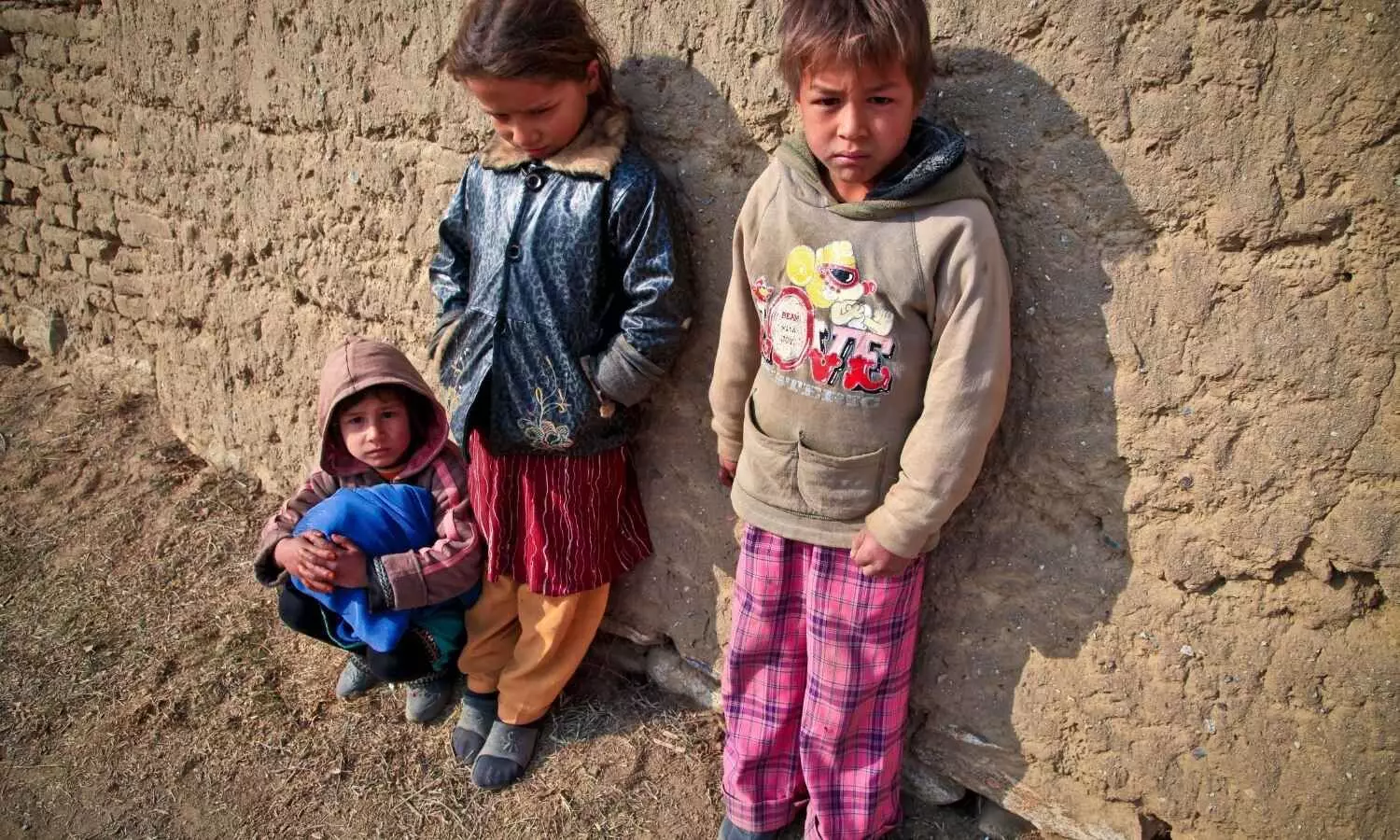Study Reveals Nearly 182 Million Children in Poor Nations Lack Nurture Amid Pollution, Climate Risks

New Delhi: In low- and middle-income countries (LMICs), nearly 182 million children aged three to four years—three-fourths of this age group—lack access to adequate nurturing care, putting their healthy development at risk, according to a new series paper published in The Lancet. The paper highlights critical challenges in child development and emphasizes the need for early childhood care and education (ECCE) programs.
The study identifies emerging environmental risk factors such as air pollution, climate change, and chemical exposure that adversely impact child development.
"Air pollution can affect early child development directly through physical changes and indirectly through disruptions in education as is currently happening in Delhi-NCR," explained Aditi Roy, Senior Research Scientist at the Centre for Chronic Disease Control (CCDC), New Delhi.
She also pointed to the broader effects of extreme weather events driven by climate change on ECCE.
The series builds on the importance of the first 1,000 days of life and highlights the next 1,000 days, from age two to five, as a critical period for providing nurturing care. Researchers noted that during this phase, children often lack regular contact with health or education services, with fewer than one in three children attending ECCE programs in LMICs.
"The main concern for India is ensuring equitable access to quality ECCE," said Roy. "There needs to be a holistic approach with an activity-based curriculum rather than traditional academic-focused rote learning, which goes against the National Education Policy recommendations."
The lack of reliable data on children attending ECCE programs in India further complicates efforts. While a government task force reported that 28.58 million children aged 3-6 years were enrolled in ECCE under the Integrated Child Development Scheme (ICDS) in 2022, the data on private institutions remains insufficient.
Roy added, "Clearly, there is a steady increase in the number of private pre-schools, often called 'affordable primary schools,' in India, but their quality and regulation are questionable."
An economic analysis included in the series estimates that providing one year of ECCE for all children would cost LMICs less than 0.15% of their gross domestic product. The potential benefits are projected to be 8-19 times higher than the implementation costs, highlighting the immense return on investment.
Catherine Draper, co-chair of the series and a researcher at the University of the Witwatersrand, South Africa, stated, "Children from LMICs not only need to feature more strongly in research on the next 1,000 days, but should also be receiving the care they need to thrive. This includes supporting caregivers and ensuring access to high-quality early care and education programs."
The researchers emphasized that ECCE programs not only nurture children but also serve as platforms for growth monitoring, nutrition supplementation, and caregiver support. They urged governments to integrate climate action into ECCE policies to address emerging threats posed by environmental changes.
(with PTI inputs)


